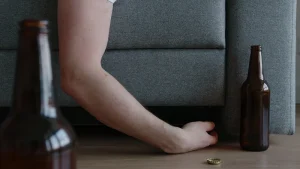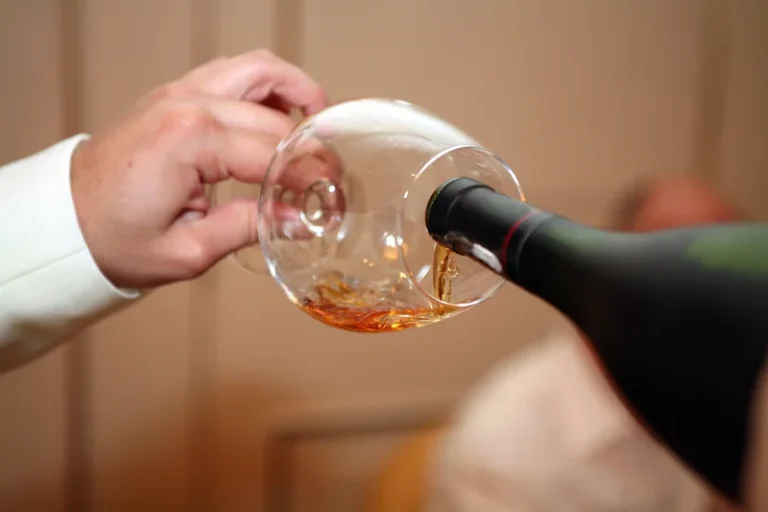
The details are kept up to date to help people with addiction treatment needs get the relapse prevention plan most full and precise facts about the rehabilitation facility. Relapse remains one of the biggest challenges in addiction recovery, with countless individuals facing setbacks that not only disrupt their lives but can also lead to death. Knowing these stages and adopting winning tactics can empower someone to stay on track, keep their eyes on the recovery prize, and dodge the trap of substance use again. Spying these outside cues is crucial for staying on the straight and narrow.

How relapses inform better recovery strategies
As individuals continue along the path of recovery, there may be times where they feel tempted; it’s important to have measures in place to prevent them from sliding back into old habits. Defining and Recognizing Relapse is a crucial aspect of understanding addiction recovery. Relapse occurs when someone who has been sober or in recovery for a period of time experiences setbacks that lead them back to substance use. Though relapse prevention plans are unique to each individual, there are specific components that are helpful to include in a final plan. Learning how to make a relapse prevention plan and going through the process of creating a relapse prevention plan could be the difference between longer periods of sobriety and repeated relapse. Research shows that those with strong social networks can increase their likelihood of sustained recovery by up to 50%.
- In this article, we will explore five ways that may help prevent a person in recovery from returning to drug or alcohol use.
- Remember that others in your community have relapsed and yet, they still achieved their long-term goal of abstinence.
- Substance abuse and mental health expert Terry Gorski has a nine-step relapse prevention plan that can help you recognize and manage relapse warning signs.
Building a Support Network

Recovery is an ongoing process, so having the right tools can help you manage addiction or mental health conditions. Researched, fact-checked and transparent articles and guides that offer addiction and mental health insight from experts and treatment professionals. These stages can act as warning signs, indicating someone may go back to using substances again. By understanding your own personal patterns, you can start to develop strategies to avoid them.

The Role of Writing Therapy in Addiction Recovery

Little research has been conducted on alternative endpoints in opioid use disorder treatment, but it will be needed to advance medication development in this area. Decreased substance use also makes it more likely that the individual can hold a job, be a supportive family member, and so on. The FDA has historically favored abstinence as the endpoint in trials to develop medications for substance use disorders. Abstinence has been evaluated using absence of positive Substance abuse urine drug tests, absence of self-reported drug use, and regularly attending sessions where drug use is assessed.
Advancing reduction of drug use as an endpoint in addiction treatment trials
Creating a support network with strong relationships is a foundational aspect of long-lasting recovery. Social support in recovery can reduce stress, increase self-efficacy, and motivate sobriety or remission7. Your relapse prevention plan can detail how you will connect with loved ones who supported you through the treatment process. Try your best to plan regular get-togethers with friends and family, as avoiding isolation and bolstering these relationships can make recovery easier. Uncomfortable emotions, such as stress and loneliness, are a part of life, and implementing skills from your relapse prevention plan can help mitigate the impact of these feelings. You may find engaging in mindfulness and relaxation exercises like meditation and box breathing helpful.
- As those in recovery know, a relapse is never out of the realm of possibility–no matter how long you’ve been sober.
- If you experience a lapse or a close call, use it as a learning opportunity.

Commenti recenti